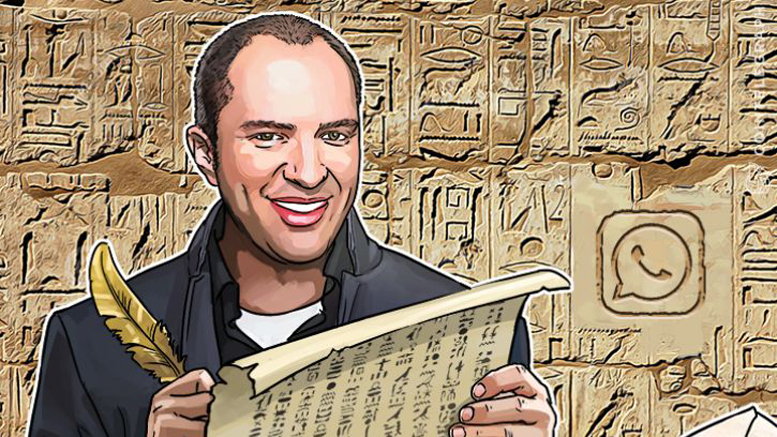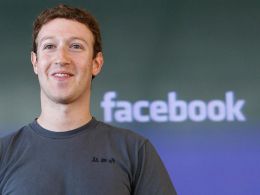
WhatsApp goes into Private Mode, Win-Win for Privacy or Open Invitation to Bans?
WhatsApp has decided to turn on encryption for all messages. Will this lead to more private conversations or have they just opened a can of worms? What is encryption and how will it work for WhatsApp users? On April 5, 2016, WhatsApp announced on its blog that they were going to start providing full end-to-end encryption. The announcement says: “The idea is simple: when you send a message, the only person who can read it is the person or group chat that you send that message to. No one can see inside that message. Not cybercriminals. Not hackers. Not oppressive regimes. Not even us.....
Related News
The interception of private correspondence is always a touchy subject. On one hand there are questions of privacy and on the other hand state security. There are many people who are willing to trade privacy for security in an era which is dominated by terrorism, strife and other random senseless violence. However, whatever may be the cost, privacy is important and the ability to carry out your business and private life without the fear of eavesdropping by third parties is still a right that most people yearn for. In an effort to protect their customer’s privacy, many companies are....
The hugely popular messenger application, WhatsApp, has changed its privacy policy in order to share more user data with its parent company Facebook. WhatsApp Changes Privacy Policy. This move has some WhatsApp customers feeling betrayed as it seems to directly contradict previous statements made by the company. It is also the first time the firm has changed its privacy policy since it was bought by Facebook in 2014. Regarding the data sharing, WhatsApp said that it will ultimately benefit its users by helping to stop spam and other abuses. Additionally, it would also offer people “better....
Messaging apps are everywhere – over 3.1 billion people around the world use them, sending more than 140 billion messages every day. Their ubiquity, size, and the value they deliver to their users have often converted into stratospheric market valuations: Whatsapp was acquired for an unprecedented $19 billion in 2014, after being launched only 5 years earlier. At the time of acquisition, Facebook paid $42 per WhatsApp user. Telegram, launched in 2013 by Pavel Durov, has over 500 million users today and recently rejected an investment offer valuing it at $30 billion. Skype, one of the....
There's an old saying about companies like Whatsapp: "If the product is free, you are the product." While Whatsapp's services appear to be free, you pay for it in privacy and convenience, with the information you yield for advertising purposes, and the annoying ads themselves. Every person you invite to the Whatsapp network makes them a measurable amount of money, none of which is given to you. Gems is an attempt to fix that using cryptocurrency. Utilizing the Bitcoin blockchain, they've created a token designed to sustain a social media network with more personal autonomy in a trustless....
The proliferation of messaging apps is unprecedented, with more than 3.6 billion people worldwide using them and over 145 billion messages being sent every day. Among the top players stand two ubiquitous giants, WhatsApp and Telegram, but for very different reasons: WhatsApp was the first truly global VOIP solution, a pioneer of the sector, launched in 2009 and later acquired by Facebook for over $19 billion in 2014. With over 2 billion registered users, it’s the world’s most popular messaging app. Telegram, launched in 2013, is still today considered an improved version of WhatsApp,....




